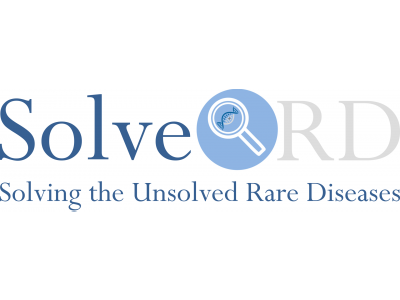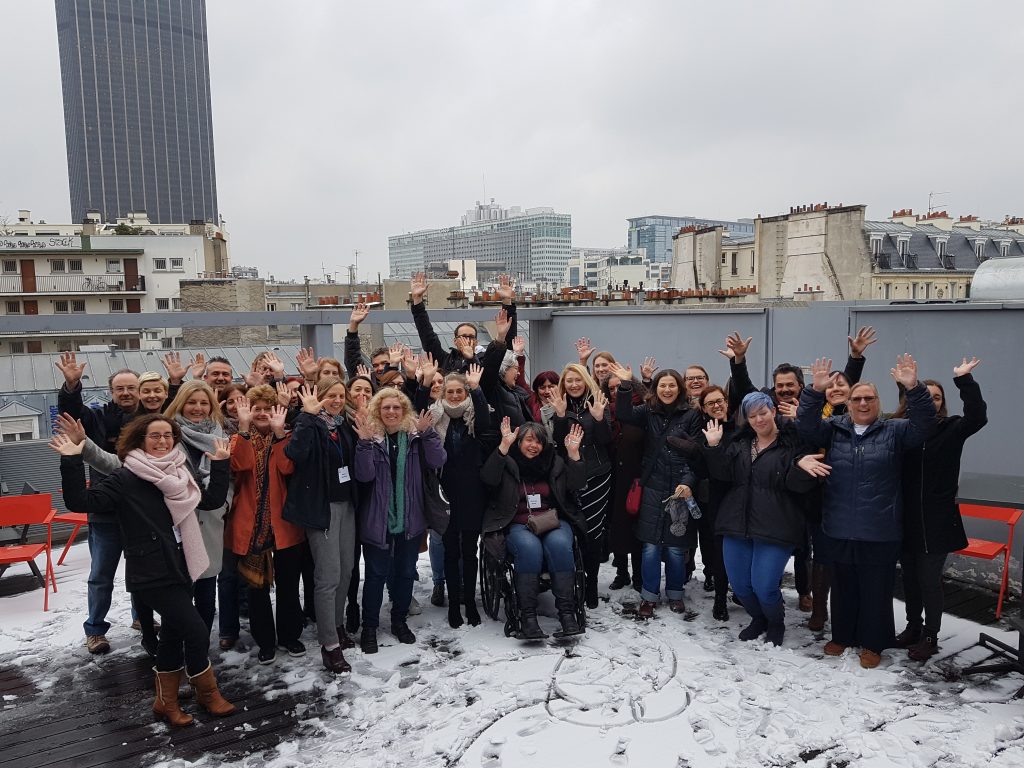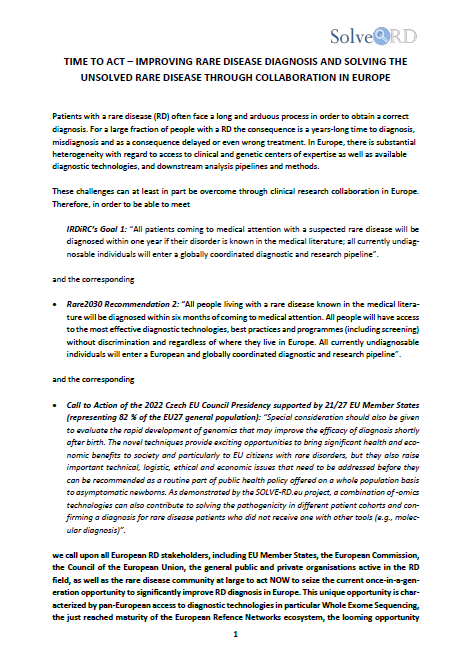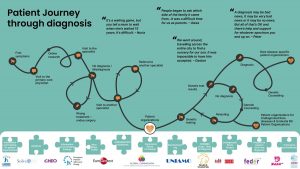Solve-RD

“Solve-RD – solving the unsolved rare diseases” echoes the ambitious goals set out by the International Rare Diseases Research Consortium (IRDiRC) to deliver diagnostic tests for most rare diseases by 2020 and fully integrates with the formation of ERNs. To date, the Solve-RD Project has analysed 21,348 datasets (phenotype and exome/genome sequencing data) from 6000 families. The project has already solved 511 rare disease cases (8.5% diagnostic yield) for which a molecular cause was not previously known.
Project duration:
January 2018 – June 2023
Funding body
EURORDIS role in the project
EURORDIS is a member of the Steering Committee for the work package that addresses dissemination of the results of the Solve-RD project as well as ensuring the proper engagement of stakeholders. Moreover, a representative of EURORDIS serves on the Independent Ethics Advisory Board to review all ethical aspects of the research activities carried out in the project. EURORDIS is also chairing the Community Engagement Task Force (CETF) that aims to create a united and engaged a multistakeholder community of patients, scientists, genetic counselors and clinicians committed to improving diagnosis and care of ultra-rare diseases and supporting the needs of the undiagnosed community. The EURORDIS-led CETF has created an infographic setting out the patient journey to diagnosis. The infographic demonstrates the diagnostic odyssey many people experience on a daily basis and presents existing resources from CETF member organisations to support patients on this journey. The infographic has been translated in 25 languages.

Apart from that, within the Solve RD project, EURORDIS developed and launched the Winter School on Scientific Innovation and Translational Research within the Solve-RD project, with the aim of deepening patient representatives’ understanding of how pre-clinical research translates into real benefits for rare disease patients. The training equips participants with knowledge and skills so they are empowered to effectively participate in discussions with researchers, policy makers and companies responsible for research or research infrastructures. The first 3 editions of the Winter School were funded through the Solve-RD project. Read more about EURORDIS Open academy on Scientific Innovation and Translational Research here.



